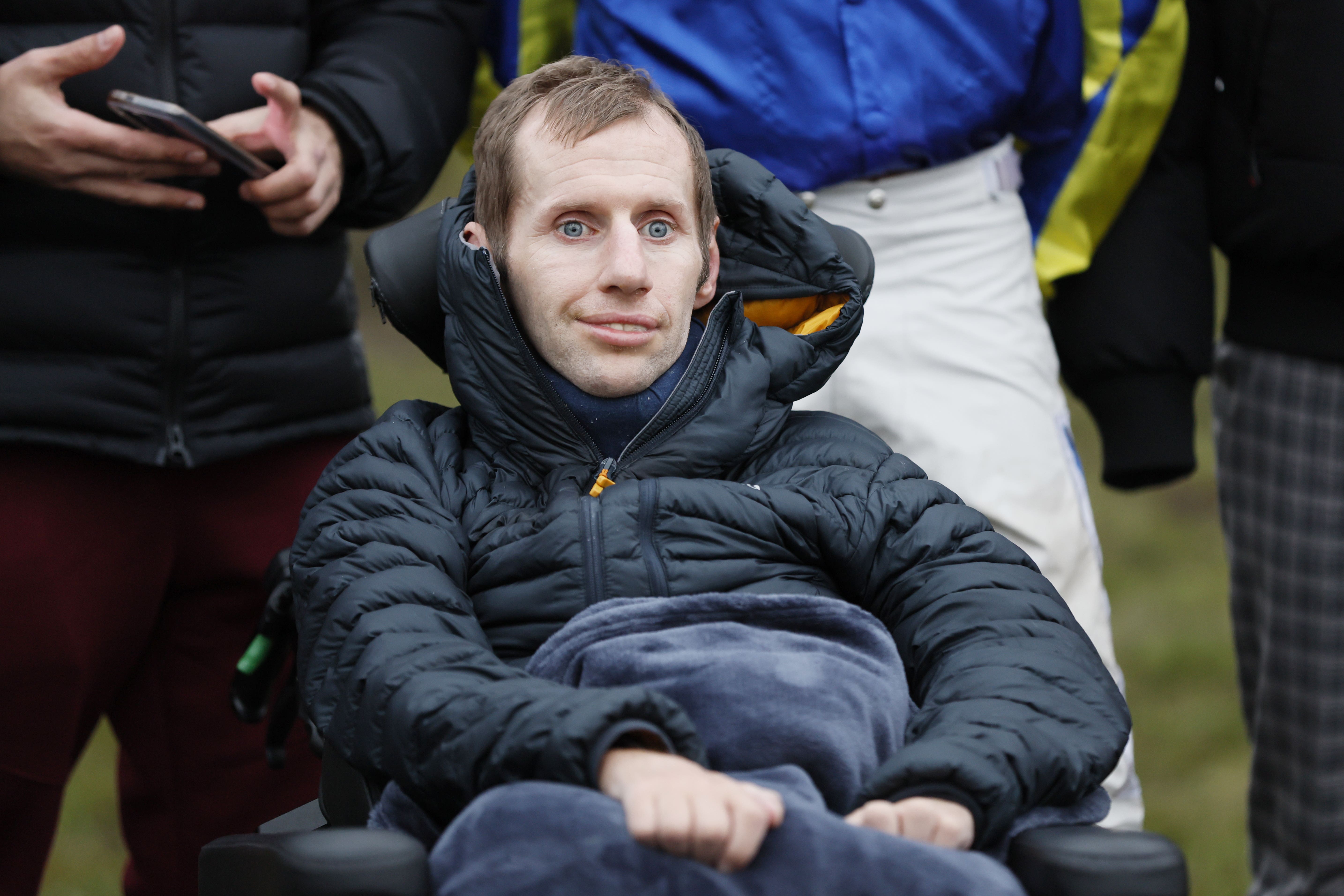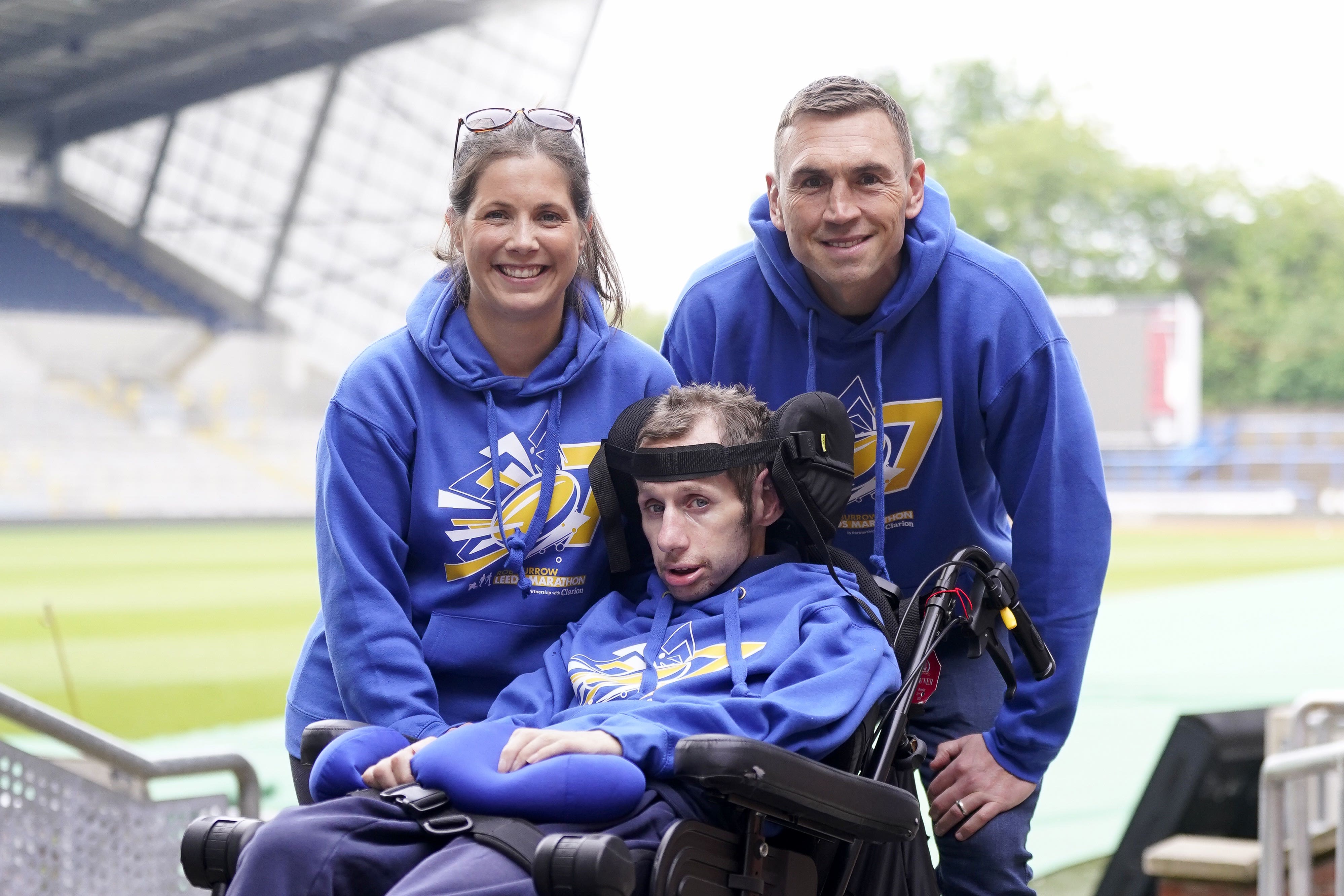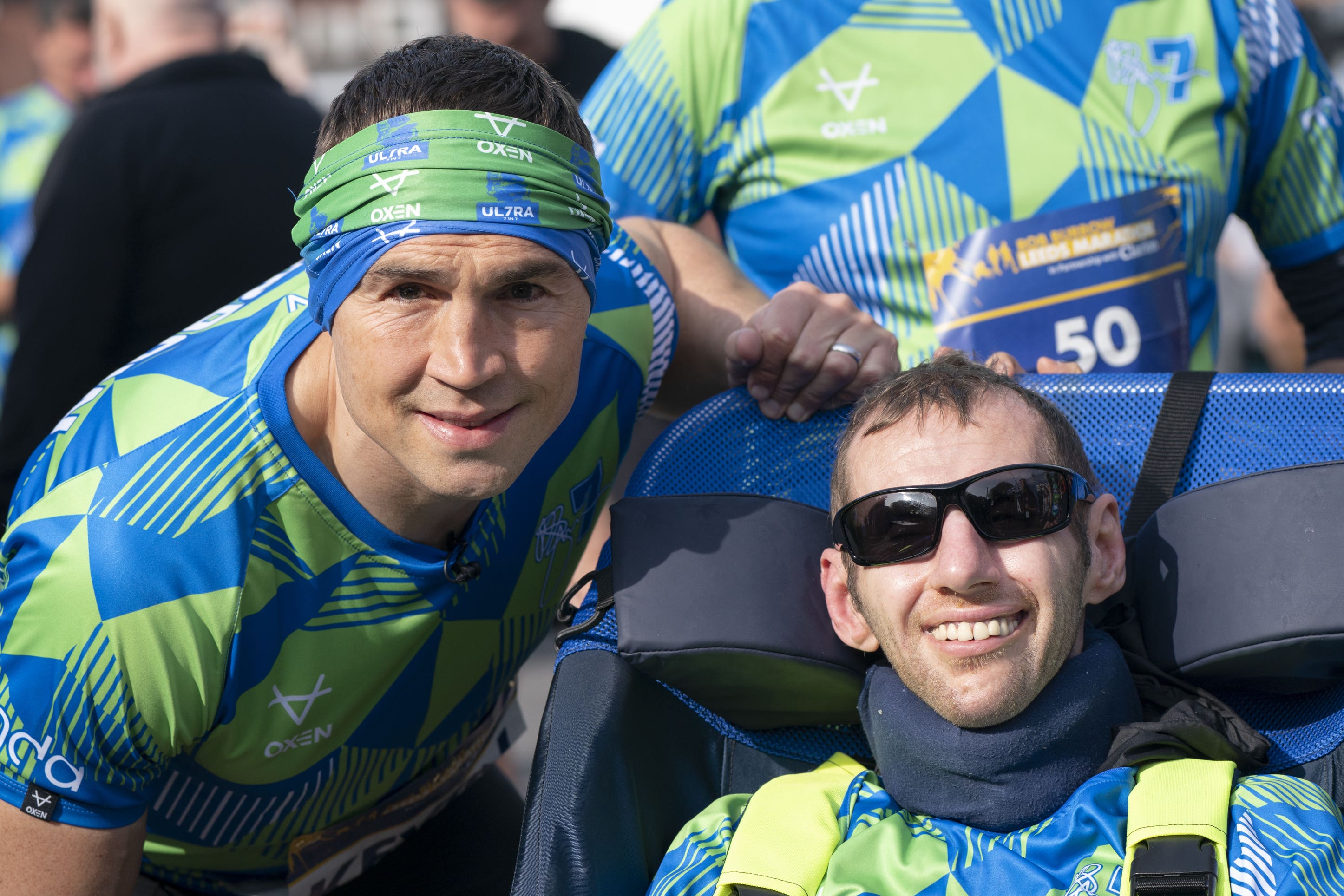What is Motor Neurone Disease? The rare condition explained after Rob Burrow’s battle with illness
Former rugby league player Rob Burrow has died five years after he was diagnosed with motor neurone disease
Former England and Leeds Rhinos rugby league player Rob Burrow has died aged 41 after a long battle with motor neurone disease.
Mr Burrow, who played 493 times for Leeds and was capped 15 times for his country, was diagnosed with the illness in December 2019.
He spent his years suffering from the disease campaigning for more research into the condition - as well as improved care for those suffering from it.
Mr Burrow raised millions of pounds alongside former teammate Kevin Sinfield for various MND charities and the Rob Burrow Centre for MND Appeal in Leeds.
So what is motor neurone disease, what are the symptoms and how is it linked to contact sports?

What is motor neurone disease?
Motor neurone disease (MND) is an uncommon condition that affects the brain and nerves, causing weakness that gets worse over time, according to the NHS.
The disease can cause muscles to weaken, stiffen and waste, which affects how people walk, talk, eat, drink and breathe. Some people also get changes to their thinking and behaviour.
There is no cure for MND, but there are treatments available to help improve people’s quality of life, with some people able to live with the condition for many years.

What are the symptoms?
Early symptoms can include: weakness in your ankle or leg, slurred speech, difficulty swallowing, a weak grip, muscle cramps and twitches.
People suffering from MND can also experience weight loss, with arm and leg muscles thinning over time. It can also cause people difficulty crying or laughing in inappropriate situations.
Motor neurone disease mainly affects people in their 60s and 70s, but it can affect adults of all ages - with Rob Burrow diagnosed at age 37.

How is it linked to contact sports?
In 2022, a study looking at the impact of concussion on a group of former Scottish international rugby players found they were 15 times more likely to develop motor neurone disease (MND) than the general population.
In findings published in the Journal of Neurology, Neurosurgery and Psychiatry, researchers found that the players group had an approximately two and a half times higher risk of neurodegenerative disease than expected but that player position had no impact on risk.
Neuropathologist Willie Stewart, who led the study, said: “This latest work demonstrates that risk of neurodegenerative disease is not isolated to former footballers, but also a concern for former rugby players.
“It provides further insight into the association between contact sports and neurodegenerative disease risk. Of particular concern are the data on MND risk, which is even higher than that for former footballers.”
Join our commenting forum
Join thought-provoking conversations, follow other Independent readers and see their replies
Comments
Bookmark popover
Removed from bookmarks